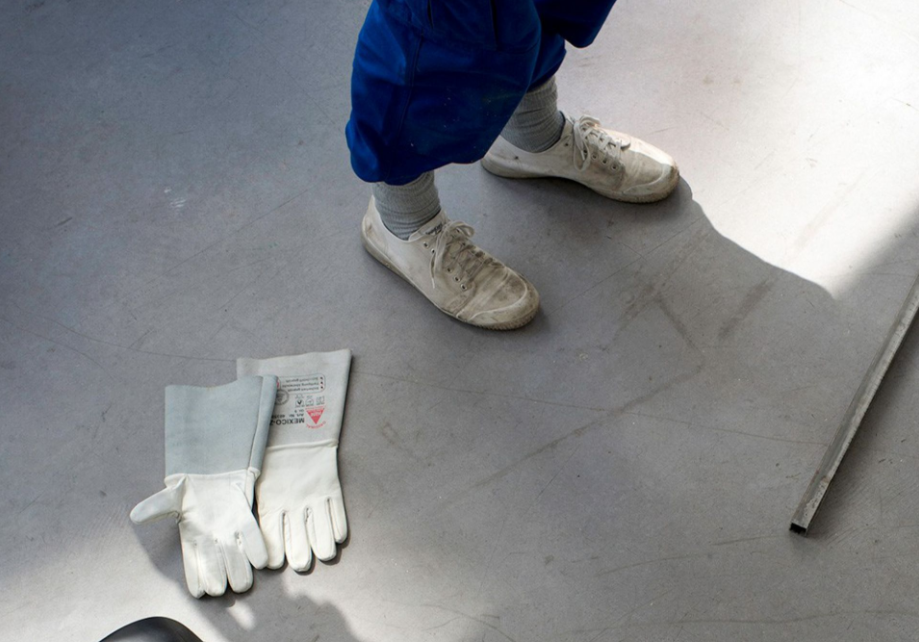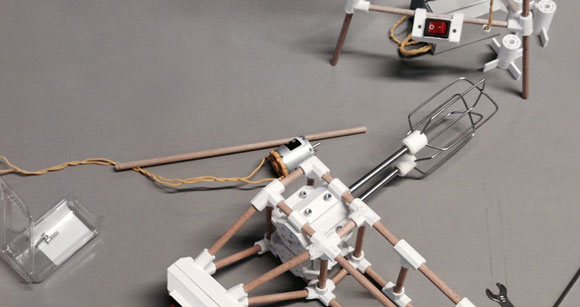
At long, long last, I was finally given the opportunity to write a profile of one of my all-time favorite designers: Thibault Brevet. He Skyped with me from his Berlin studio, and I was excited to know more about what drives him and what he’s up to next. The result is up on Interwoven, Kvadrat’s amazing online magazine edited by Anniina Koivu, and is brilliantly illustrated by photographs taken by Katrin Greiling. A link to the piece here, and an excerpt below:
No matter the size of his projects, be they self-initiated or commissioned, Brevet adapts, questions, takes apart and reconstructs. His thinking is representative of a new kind of designer, one less concerned with patents and copyright than with open processes and knowledge sharing. “Most projects I’ve done are born out of Google searches,†he points out. “Every project is this huge list of questions that you have to figure out: how do I mill this? How do I export that? The more material there is online the easier it is.†This reasoning works both ways: the same way he learns from others, from the “guy who already did it in a similar way†to the “little piece of code that inspires youâ€, Brevet documents and publishes the results online, both at in-progress stage and when finalised; others can build on his process and his thinking, or analyse it and draw inspiration and ideas from it. In the end, “the finished product is a crystallisation of a learning process,†he says. “The fact that you’re becoming an expert in something is the work. Mastering a skill is the project in itself.â€

